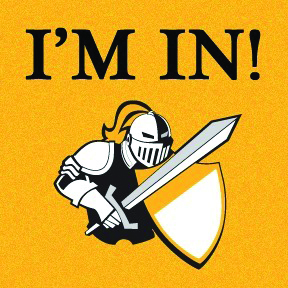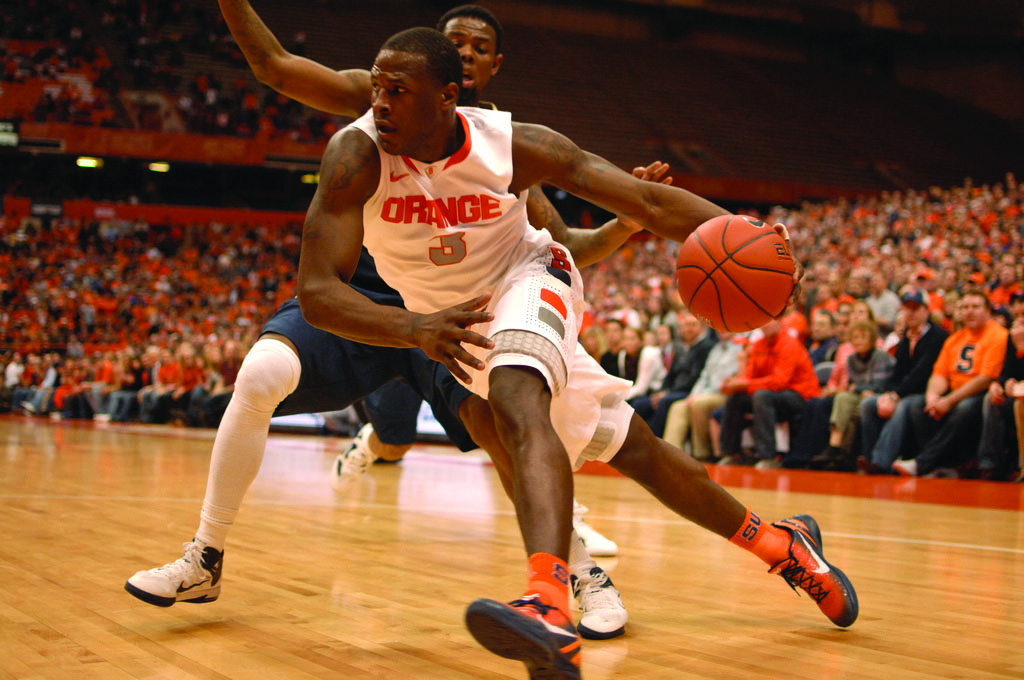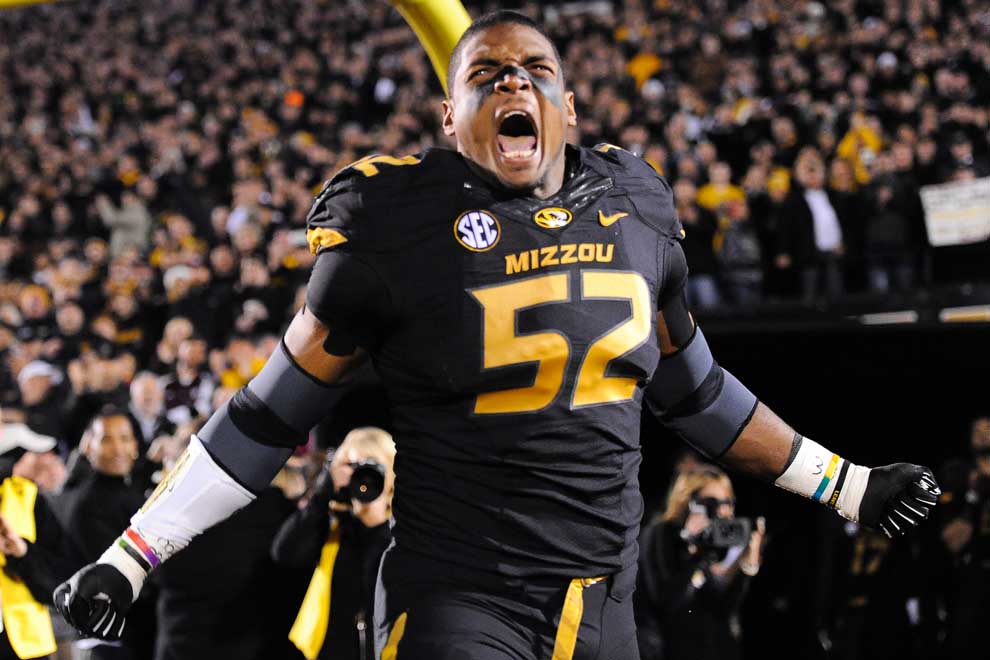Humankind has seemingly been fascinated by competition for centuries. On the grandest of scales, sports act as a universal language.
Participants who have no cultural relation to one another can bond over something as simple as passing a soccer ball or a baseball. People don’t have to understand each other’s native tongue in order to enjoy a sport. Sports bring people together, and sometimes, even nations.
“I like sports because you’re able to get active,” first-year Thomas Horn said. “I love being part of a team, and I love being a team player. I like soccer because you work as a team.”
Every four years, the World Cup occurs, drawing international interest. Fans of all countries tune in to watch 32 national teams compete for international glory. Soccer-crazed national teams take to the pitch to duke it out with their counterparts.
Spain and Germany, who have a combined four World Cup titles, stand among the elite. They set the standard for how soccer should be played.
However, when these teams compete on the international stage, anything can happen. For the time being, these teams’ trophies and titles are put aside because the World Cup, like any other sporting event, is unpredictable. It’s chaotic. It’s beautiful.
“Competition is just an entertaining thing to watch,” sophomore Jose Bonilla said. “You have two teams, you usually have a preference for one, and you get emotionally invested in it.”
Powerhouse teams like Spain and Germany can be upset at any time by teams with no superstars and arguably less talent. Take the 2002 World Cup for example.
Spain, equipped with soccer superstars like goalkeeper Iker Casillas, defender Carles Puyol and legendary midfielder Xavi, rode the crest of the headlines all the way into tournament play. Spain seemed unbeatable. Invincible.
Until the Spanish players met South Korea in the World Cup quarter-finals.
At the time, South Korea had never won a game in the World Cup so soccer analysts discounted the team and didn’t expect it to even advance past the group stage. South Korea proved these so-called analysts wrong, winning multiple games during its successful yet unexpected run.
In the group stage, South Korea crushed Poland 2-0 and squeaked past Portugal 1-0. South Korea earned enough points in the group stage to advance to the Round of 16 by drawing 1-1 against the United States.
After beating Italy 2-1 in the Round of 16 with the help of Ahn Jung-Hwan, who scored the golden goal, it was time to square up against the Spaniards. Statistics can only judge a team based on what it does on the field. Statistics don’t take into account the goal scoring potential of a team or a team’s willingness to win.
There was no doubt South Korea looked like the underdog in nearly every facet of the game against Spain. South Korea was the clear underdog. It was the classic tale of David and Goliath. Spain was flawless in every aspect of the game. It would be an anomaly if the Spaniards lost.
Well, June 22, 2002 in the Gwangju World Cup Stadium, an anomaly happened. Jaws dropped. Analysts went into shock. Soccer fans worldwide couldn’t believe their eyes. South Korea had won 5-3 in penalty kicks after the game against Spain went into overtime.
Spain, one of the undisputed kings of soccer, stepped off its throne to make room for South Korea in 2002.
There is never just one outcome in sports. In fact, one is a gross underestimate. There can be multiple ways in which one team can conquer its opponent. A powerhouse team, like Spain, is never guaranteed to win, no matter the circumstance. There is always that small percentage the clear underdog can eke out a marvelous victory.
“You can’t predict it [the outcome]. It’s completely unpredictable,” sophomore Max Taturo said. “There’s a 50-50 chance every time a team goes into a game that they’re going to win or lose.”
For South Korea, the win against Spain was momentous. It shook the very roots of South Korea’s soccer system. It instilled a sense of promise for years to come in the sport. In a way, it helped unify South Korea as a nation. Sports help provide unification for a team, or a nation in this case.
“I like sports because it denies prejudice and does not discriminate,” sophomore Sam Geisslinger said. He said anyone can participate, and sports have something to offer a player at any level.
“It can teach life lessons, create camaraderie and be the voice of a nation,” Geisslinger said. “Whether you play or just enjoy spectating, sports can inspire and instill a sense of togetherness in everyone.”
After two pressure-cooked bombs killed four people and injured 264 during the 2013 Boston Marathon, the city of Boston needed someone to “instill a sense of togetherness in everyone.” That someone was slugger David Ortiz of the Red Sox.
Ortiz helped heal a city after its residents overcame seemingly impossible odds. Five days after the horrific bombings, Ortiz stepped onto the Fenway Park baseball diamond.
With a fist pumped towards the sky, the big man exclaimed, “This is our [expletive] city.” With 35,000 fans in attendance, one of America’s most famed ballparks, Fenway Park, shook with support.
“This is what I remember,” Ortiz told Boston Herald reporter John Tomase. “When I went out to talk, I looked at the people and they were hiding, they were feeling depression.” Ortiz said when he spoke at Fenway Park, he could see the release and the relief.
“The look on their faces was, ‘Oh, hell, yeah! Why do we have to hide from strangers and terrorists? No, this is who we are right here. Hell, yeah!’ That made me incredibly happy,” Ortiz said.
From that day forward, it seemed like the Boston Red Sox were destined to win the World Series that coming October. Anything else would seem like a tragedy. Boston had gone through too much hardship to settle for anything else. The city deserved the best.
In October 2013, the World Series belonged to the Red Sox. One of the offensive catalysts for Boston was none other than David ‘Big Papi’ Ortiz, who batted .668 with two home runs against the St. Louis Cardinals.
Last year, baseball tied the city of Boston together with a big knot. The city of Boston intently watched the Red Sox pave a way to the World Series. It seemed like Bostonians put their troubles aside for the moment.
The wide world of sports has acted like an ailment for countless people throughout the years. On one hand, participating or watching sports can transport an individual to another realm, one of excitement and content. When viewing or playing a sport, it seems like a person’s troubles disappear and all they focus on is the task at hand.
On the other hand, sports can be unpredictable and chaotic. No two football games are ever identical. Same goes for every other sport in the world. Sports are exhilarating to watch and nail-biting finishes only hurt your fingers.
The wide world of sports has the unique ability to unify countries and cities alike.



















